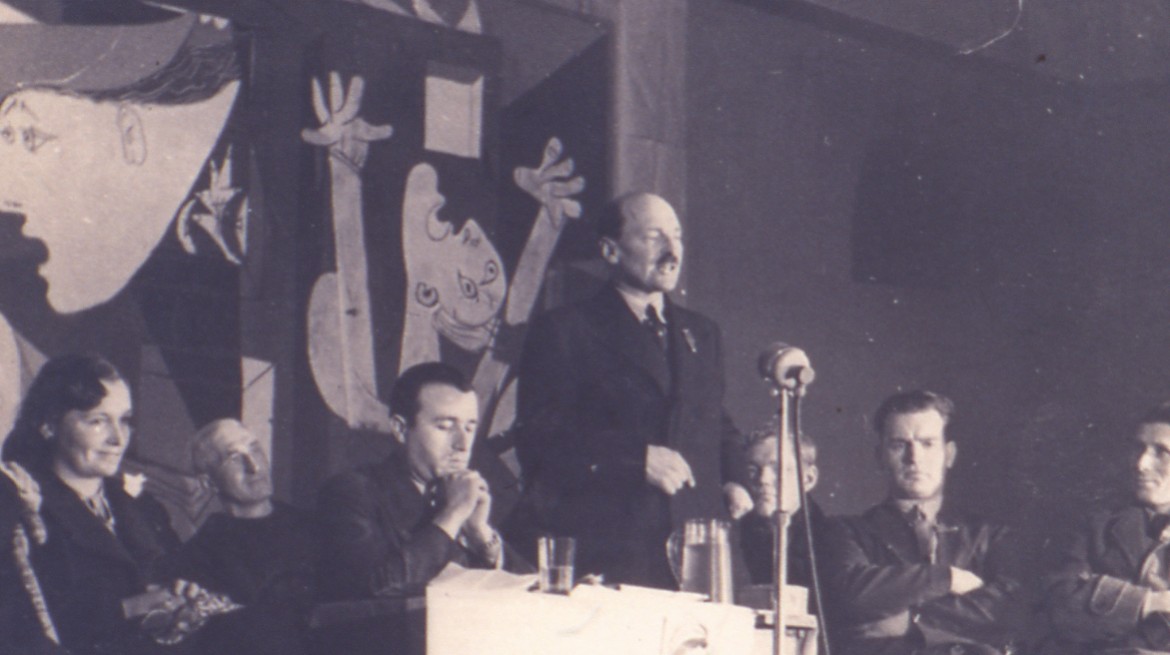
The seismic upheaval of two world wars shaped twentieth-century society, culture, and politics across much of the globe. While the world wars raged, states directed the resources of all their citizens towards achieving victory, meaning that a range of actors beyond combatants were directly touched by conflict.
In turn, those affected by war sought new relationships with nation-state, empire, and each other as they tried to come to terms with its legacies. The world wars therefore also inspired new visions of political and social life, generated subsequent conflicts and battles for independence, and caused the redrawing of borders in Europe and beyond.
This module explores experiences, representations, and legacies of the two world wars and the cold war in multiple contexts. Lectures examine themes such as citizenship, trauma, and memory across these conflicts, while seminars focus on specific case studies from across the globe. Our aim is to understand not only how these wars affected different groups and individuals, but to trace the legacies of these conflicts in multiple arenas, and shed new light on how they continue to affect the world today. In emphasising society and culture, and the relationship between the local and the global, War and the Twentieth-Century World challenges conventional views of twentieth-century warfare and introduces students to diverse voices and perspectives.
- Module Supervisor: Lucy Noakes